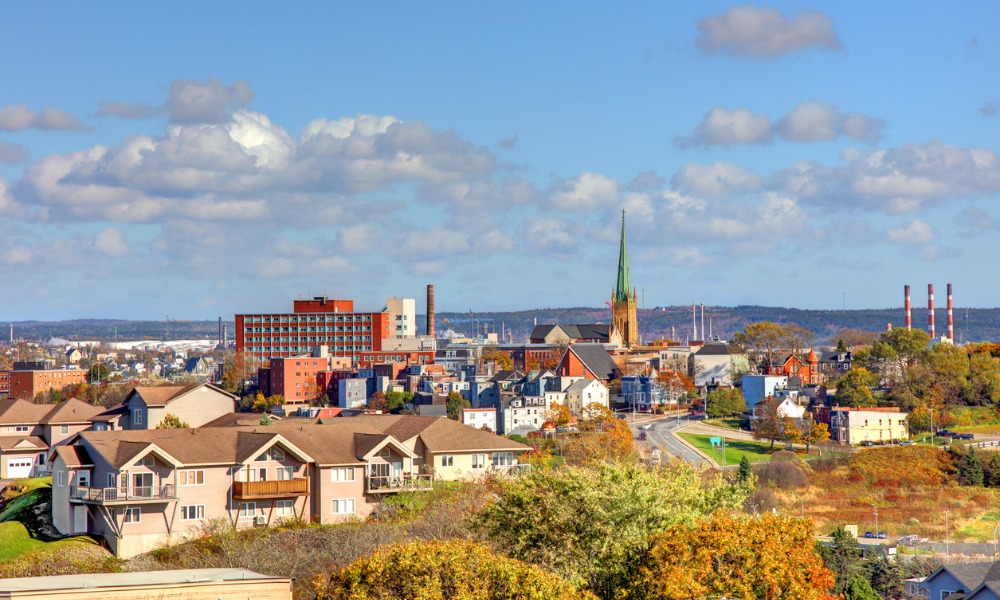Government caps property tax hikes but fails to tackle rising rents

The New Brunswick government has amended recent legislation to address concerns from landlords about a potential spike in property taxes.
The province has capped the increase in taxable assessed value for apartment buildings at 10% for the upcoming year, reversing a previous oversight that could have led to significantly higher property taxes.
While the change is expected to save landlords millions, the New Brunswick Apartment Owners Association (NBAOA) argued that property tax rates still need to be reduced to offset the ongoing impact of rising assessments.
"We have avoided that major hit which would have essentially put buildings out of business," NBAOA president Willy Scholten told CBC News.
However, the cap does not address the broader issue of rising property assessments, which have increased by an average of 64% since 2021. While the 10% cap will soften the impact of these increases, landlords may still face substantial tax hikes in the coming years.
Scholten is calling for a reduction in the provincial property tax rate to offset the impact of rising assessments. He argues that this is necessary to prevent further rent increases.
"Increasing the taxable assessed value of buildings by 10% is not going to help our housing issues in New Brunswick. It's going to get worse," Scholten said. "So that tax rate needs to be fixed and it needs to be aligned with these assessment increases."
Concerns also remain about the impact on renters. While landlords may benefit from lower tax burdens, there’s no guarantee these savings will be passed on to tenants in the form of lower rents.
"There's no guarantee that any tax abatement for landlords is going to have any impact on rents that tenants face. There's no rent control," said Matthew Hayes, spokesperson for the New Brunswick Coalition for Tenants Rights.
Read next: Which Canadian cities are the best to rent in?
Last year, Housing Minister Jill Green’s office released a housing strategy aimed at keeping average rent increases across the province to no more than 2.5% annually. However, Statistics Canada data shows that average rents in New Brunswick increased by 13.4 percent—five times higher than Green's target—between June 2023 and last month, and by 23.8% since June 2021.
Speaking at an event last week, Green acknowledged the issue of rising rents and pointed to the province's vacancy rate as a significant factor. As of last October, the vacancy rate was 1.5%, according to Canada Mortgage and Housing Corporation (CMHC).
"We don't have enough units for a healthy, stable housing market. [The vacancy rate] should be at least three percent," Green said.
Green said that her office is analyzing recent housing data and plans to introduce changes to her housing strategy this fall.
Make sure to get all the latest news to your inbox on Canada’s mortgage and housing markets by signing up for our free daily newsletter here.



